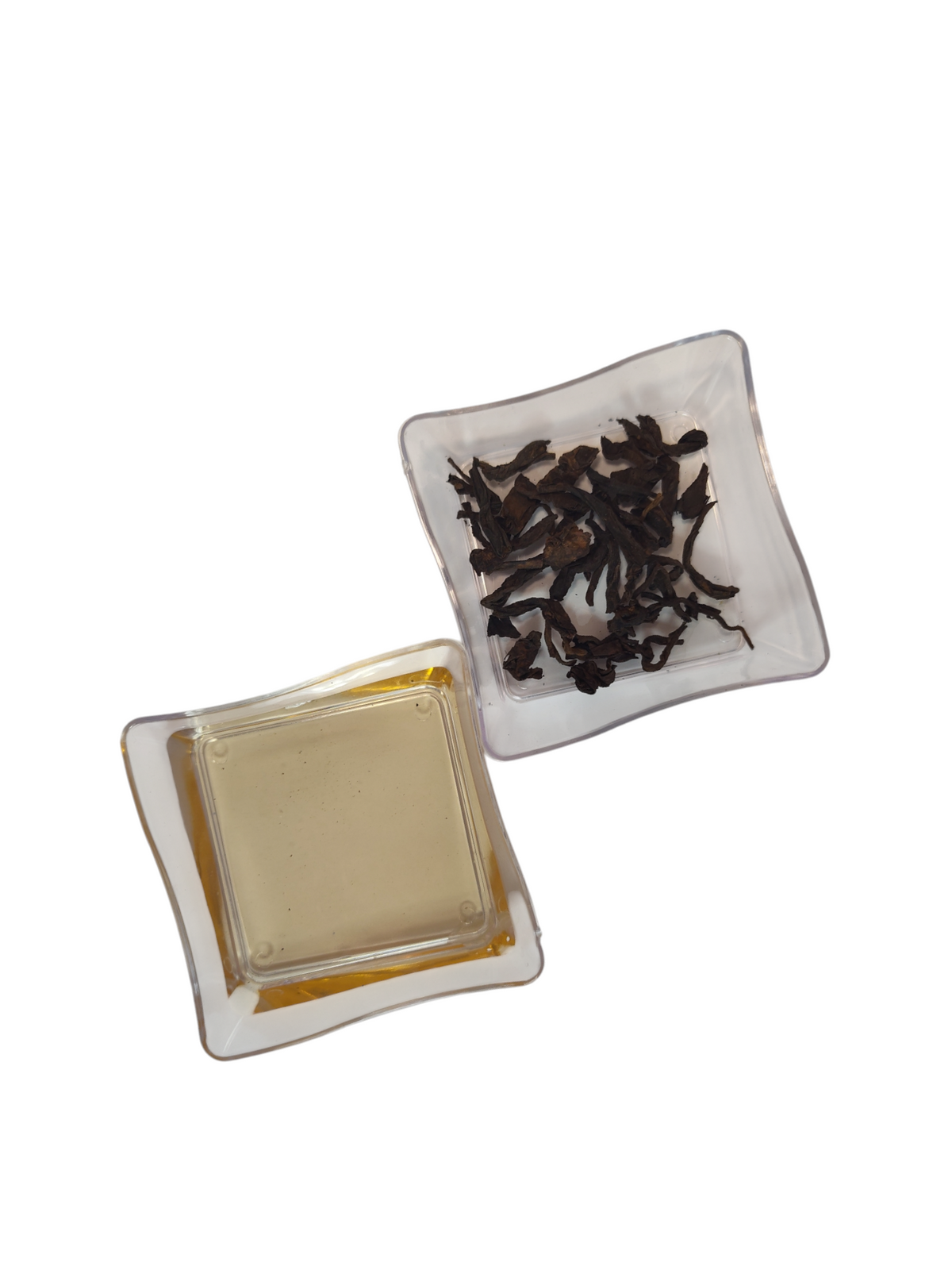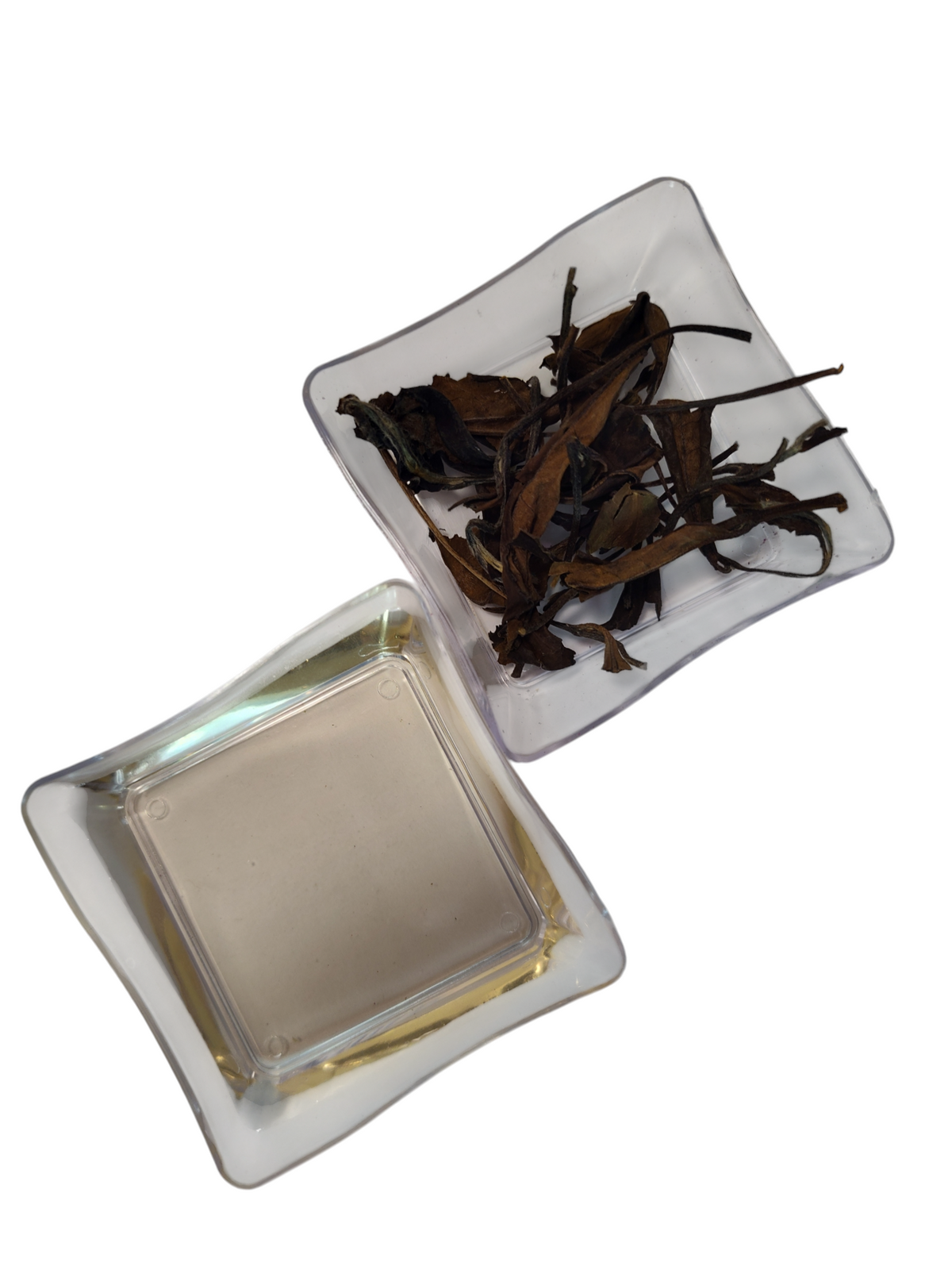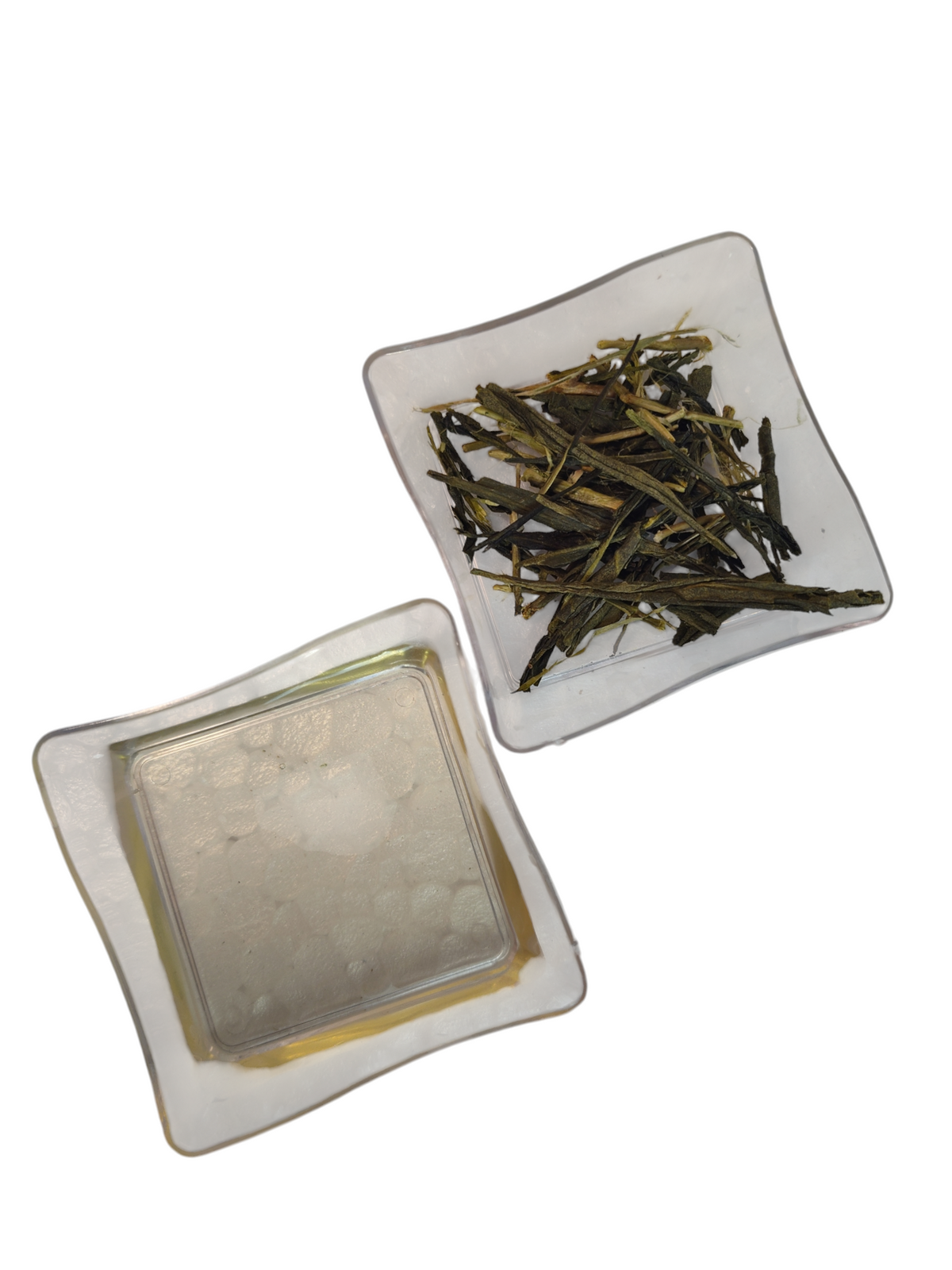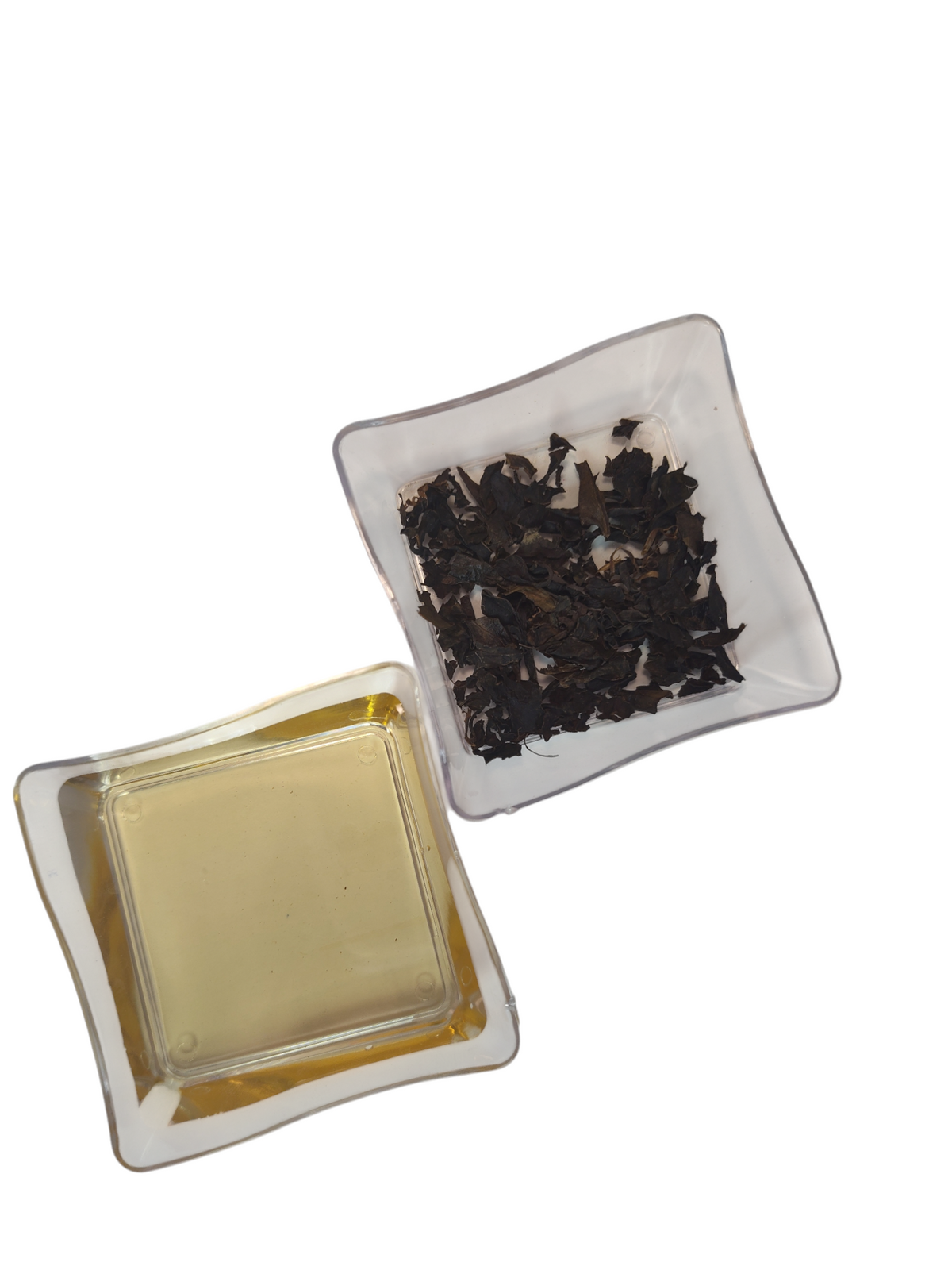Frequently asked questions
What is your return/refund policy?
There is no refund or return on tea leaves, soap, and bubble tea powder. I can send you another type of the same item. There is a return/refund on Canisters. After we receive it and it is inspected will be refund your money back. You are responsible for shipping cost.
How long does it take to get my product?
It shall take 8 to 14 days. May be sooner depending on the product.
How are the products packaged?
Tea Loose Leaves are stored in tin canisters or foil bags made for tea and coffee.
Tea cell works on a sanitize surface and all packaging are done wearing gloves.
What are the shipping rates?
Shipping rates are based on weight. Free Shipping for orders $50 and more.
Do you ship Internationally?
Not at the moment
Are there instructions on how to make the tea? Store Tea?
Yes. Go to bottom of page on site. Under the customer column select brewing instructions.
Are there other flavors of bubble tea?
We are currently not providing bubble tea at this moment.
Is there a dropship program?
No.
Do you have wholesale?
No.
What are your store hours? Do you have a physical store?
Not at this time.
Is my personal information safe?
Yes. Tea Cell is secured through shopify.com. Credit card and/or PayPal data is private. We do not distribute your information to any other third parties directly or indirectly.
If you have any further questions or concerns please contact me. You may visit the site and select the contact us link and greet us with statements.




